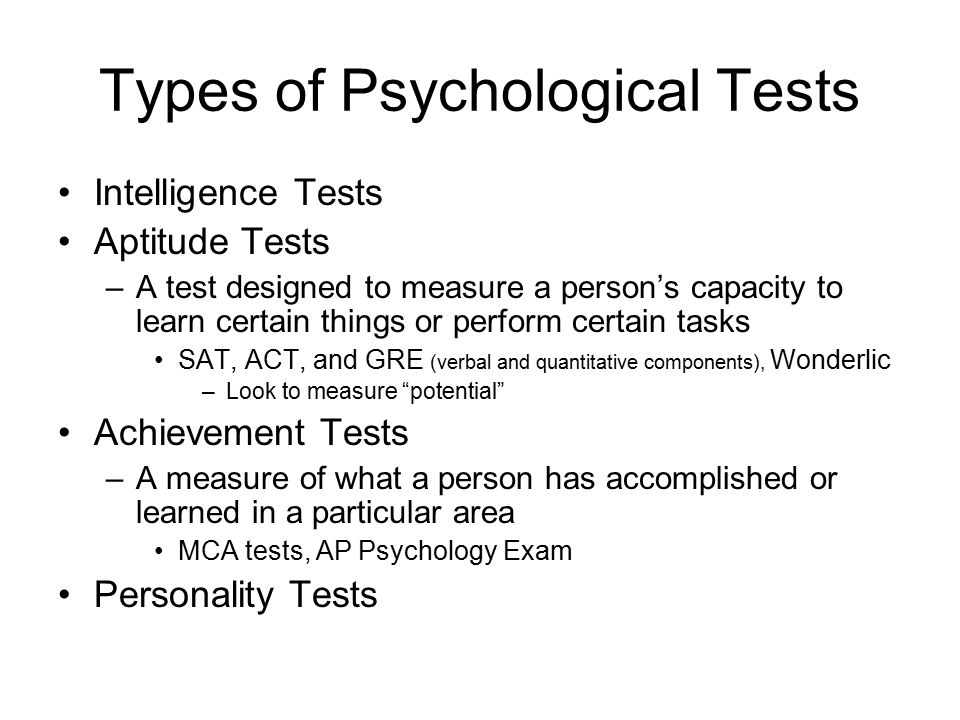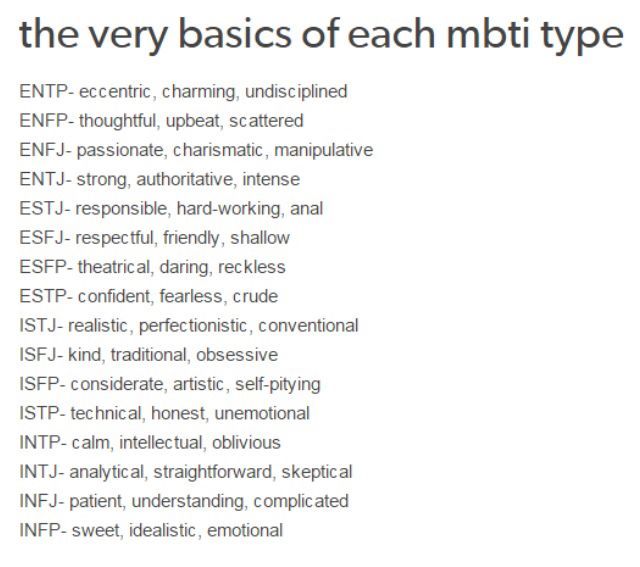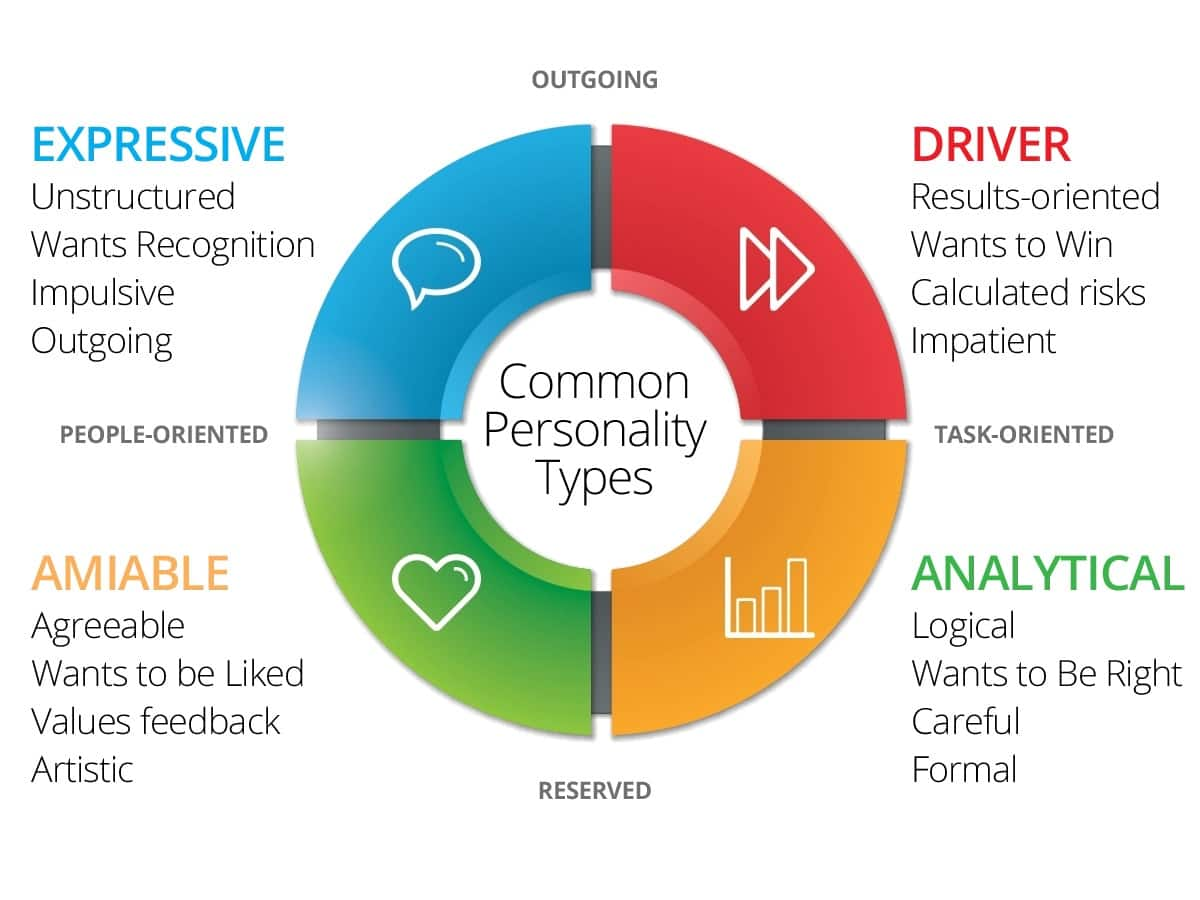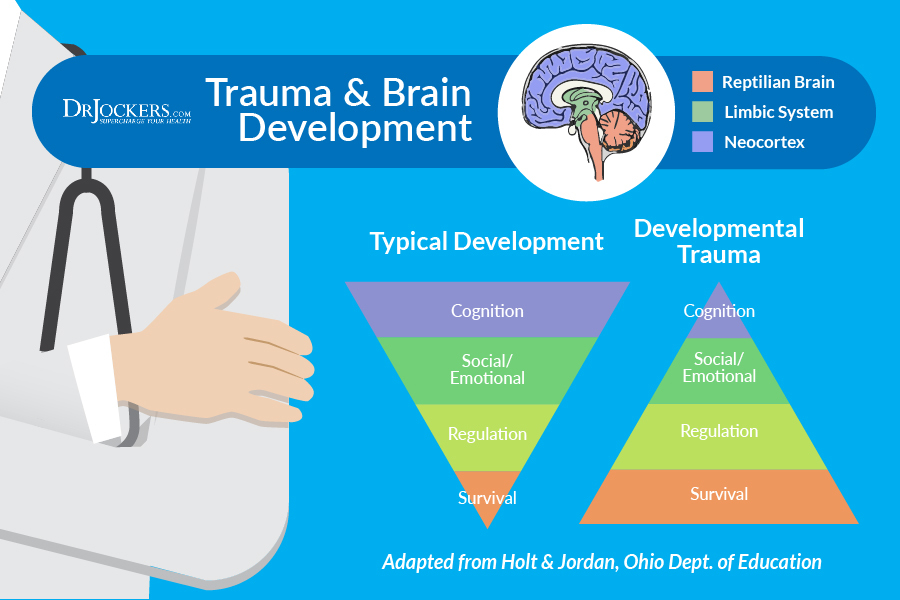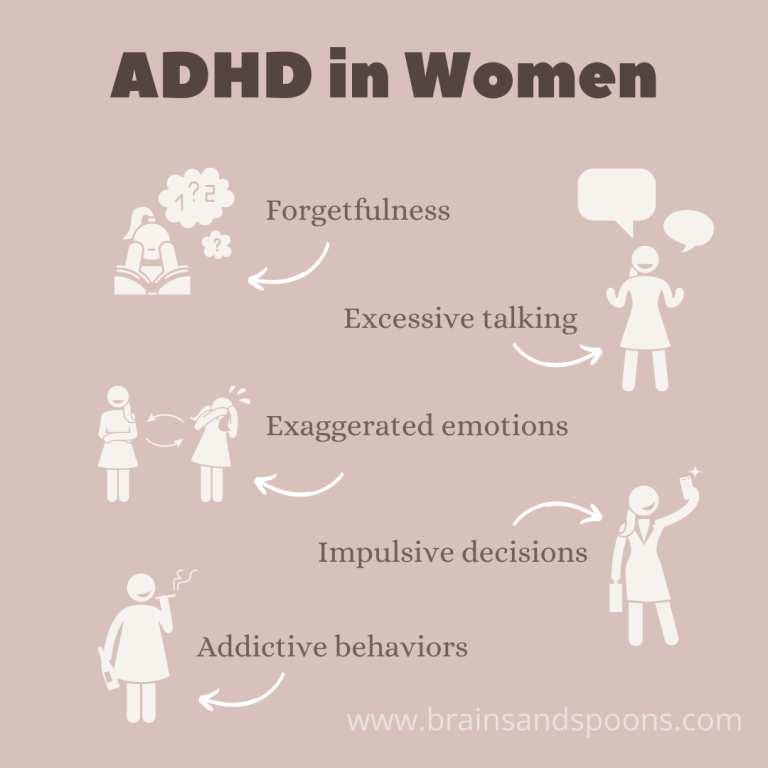Purpose of psychological testing
What are psychological tests and what are they used for?
When you consult an ophthalmologist for an issue with your vision, they will conduct a series of tests on you—they will make you do an exam or check your eyes for signs of an infection. The results of these tests will help them arrive at a diagnosis and put you on the correct treatment plan: spectacles or just eye drops.
Similarly, psychologists and psychiatrists conduct tests to understand an individual’s functioning and behavior to arrive at a diagnosis of a mental health issue and the corresponding treatment.
Q
What is a psychological assessment?
A
Psychological assessment is a series of tests conducted by a psychologist, to gather information about how people think, feel, behave and react. The findings are used to develop a report of the person’s abilities and behavior—known as a psychological report—which is then used as a basis to make recommendations for the individual’s treatment.
Psychological assessments and reports are used in other fields as well—like in the case of career planning for young adults or in the job application process to determine how well an applicant will fit into the open role.
The procedures used to create an assessment are:
Psychological assessment is also used in other fields, like:
Q
What is a psychological test?
A
A psychological test is used to measure an individual’s different abilities, such as their aptitude in a particular field, cognitive functions like memory and spatial recognition, or even traits like introvertedness. These tests are based on scientifically tested psychological theories.
The format of a test can vary from pencil and paper tasks to computer-based ones. They include activities such as puzzle-solving, drawing, logic problem solving, and memory games.
Some tests also use techniques—known as projective techniques—which aim to access the unconscious.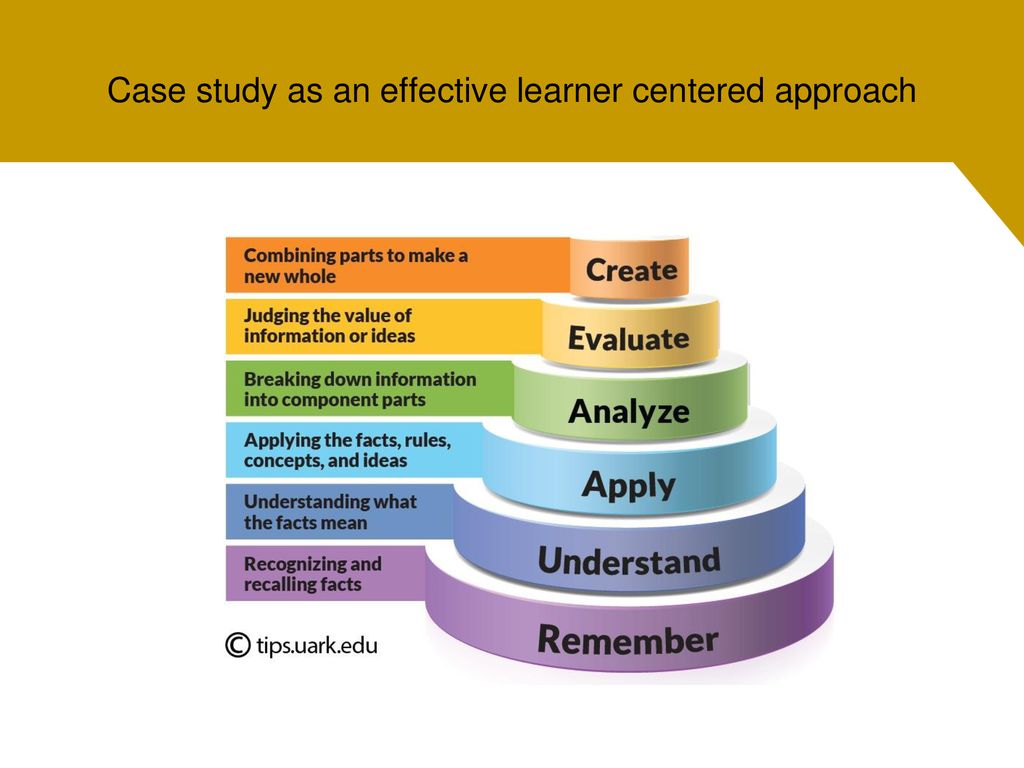 In these instances, the subject’s responses are analyzed through psychological interpretation and more complex algorithms than the non-projective techniques mentioned above. For example, the Rorschach test, popularly known as the ink-blot test can provide insight into the person’s personality and emotional functioning.
In these instances, the subject’s responses are analyzed through psychological interpretation and more complex algorithms than the non-projective techniques mentioned above. For example, the Rorschach test, popularly known as the ink-blot test can provide insight into the person’s personality and emotional functioning.
Psychological tests may also involve observing someone’s interactions and behavior. Based on the result of the test, an inference will be drawn about the individual’s inherent abilities and potential.
Q
What do psychological tests measure?
A
Psychological testing covers a number of different areas:
Mental health assessment
A mental health assessment includes information about a person’s medical history, their family history, and the current status of their mental health. The assessment helps identify if there are any mental health issues present, and determine a diagnosis and treatment accordingly.
A psychologist or psychiatrist is likely to start an appointment with a mental health assessment, which will enable them to correctly diagnose and treat you.
Adaptive behavior assessments
This measures the social and practical skills of a person, to determine their ability to function on a daily basis at home, school or work; and are usually conducted along with cognitive tests.
For example, it may be used to assess a child’s ability to function in social activities with other students in school.
Aptitude testing
An aptitude test measures a person’s ability to perform different kinds of tasks. This is done to determine the areas in which their skills are the strongest. Some people may be better with quantitative tasks that require math and logical reasoning skills, some at language, and some at creative thinking.
These tests are used by vocational therapists to measure ability, and figure out the kind of professions or job roles a person may be suited for.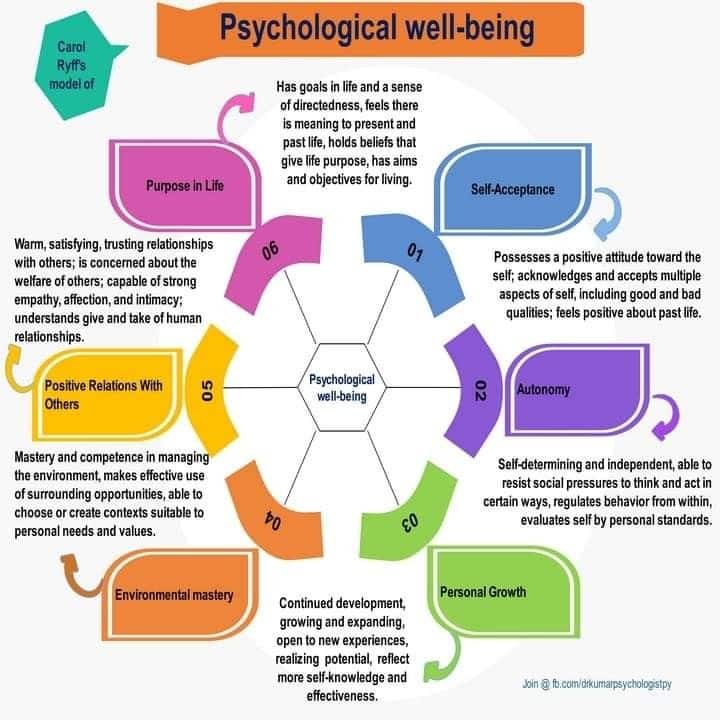 They may also be used by career counselors to guide people towards higher education in fields where they demonstrate high ability.
They may also be used by career counselors to guide people towards higher education in fields where they demonstrate high ability.
Cognitive testing
A cognitive test measures a person’s cognitive abilities— problem solving, reasoning, vocabulary, comprehension, and memory. They are more commonly known as intelligence or IQ tests, and are used in the field of education to identify a person’s strengths and potential.
For instance, a child may be given a cognitive test to measure their ability in different subjects; allowing educators to help the child work on the subjects they’re having trouble with.
Educational/achievement testing
Educational testing is conducted to test how much an individual has progressed in learning a specific subject—like mathematics, reading comprehension—to identify any difficulties they may have had in it.
Achievement tests are the examinations that students take in schools and colleges.
Forensic psychological testing
Forensic testing is used in the legal field, to determine whether a suspect is capable of committing the crime they have been accused of.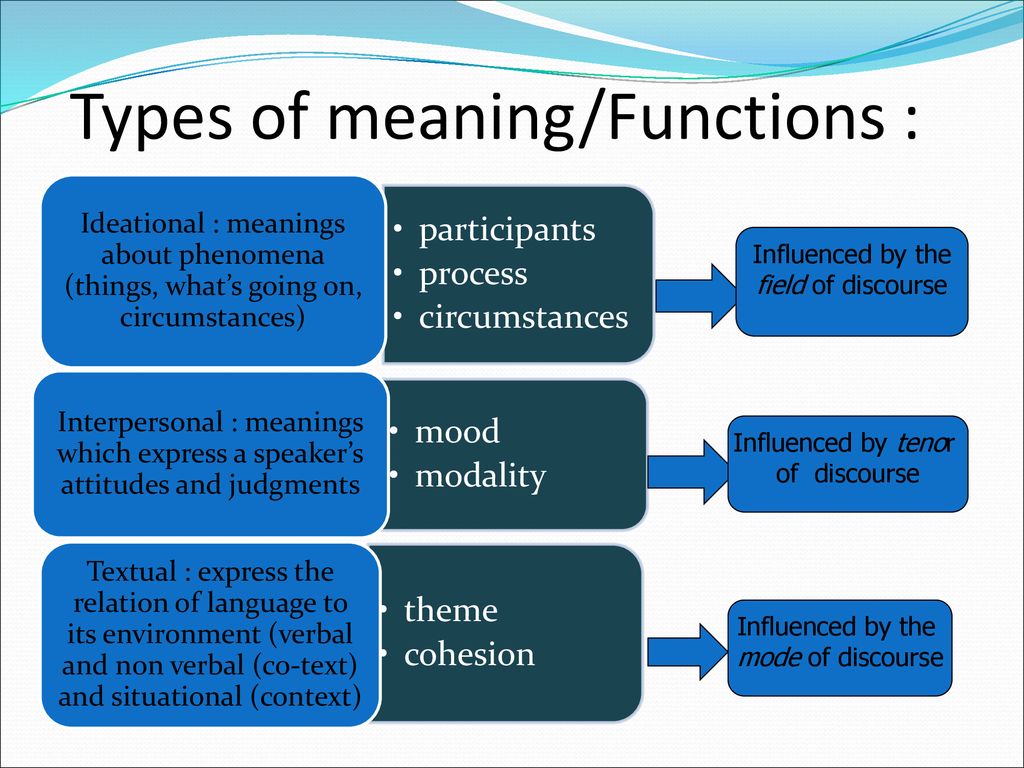 It comprises cognitive, personality, and neuropsychological tests.
It comprises cognitive, personality, and neuropsychological tests.
Neuropsychological testing
Neuropsychological tests analyze how an individual’s brain works, in order to identify any problems in its functioning.
For instance, a person with a head injury may have to undergo neuropsychological tests to check their brain’s ability to retain information.
Personality assessment
A personality test focuses on the personality traits of an individual. It helps evaluate if a person is more introverted or extroverted, cautious or spontaneous, and how they may react or respond to various life situations.
Interpretation of psychological tests
Psychological tests are not meant to be interpreted without the context of the person being tested—their environment, socioeconomic status or physical health. While the tests do use scientifically verified scales, using its results as a stand-alone criteria can lead to misinterpretation.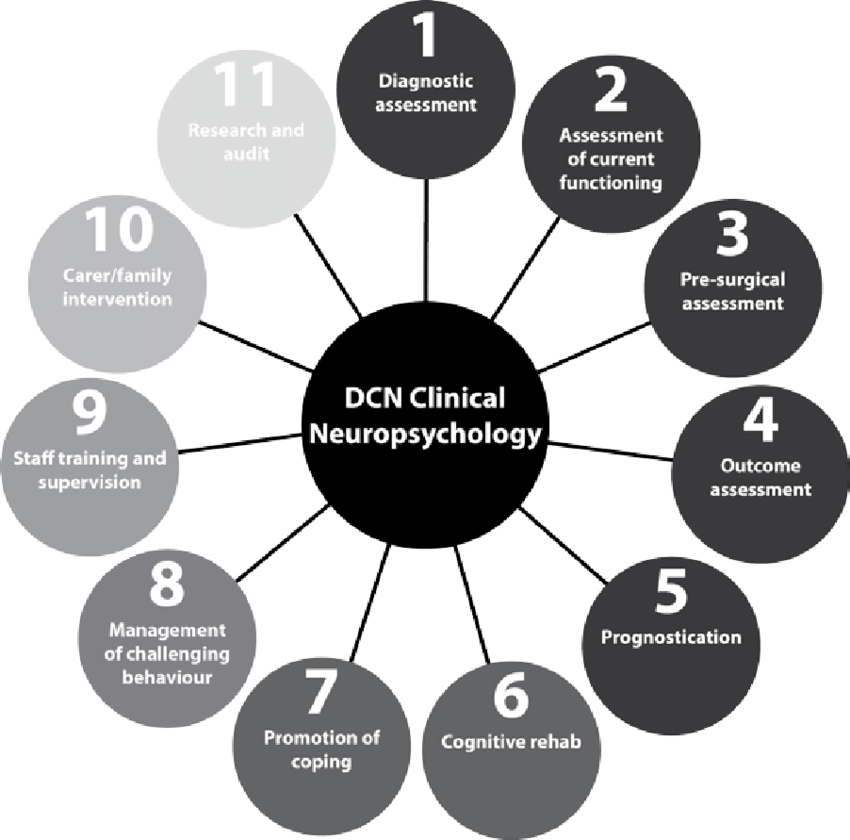
For example, in the case of a blood work report—it is necessary for a doctor to read the numbers in relation to your symptoms and general physical health to arrive at an accurate diagnosis.
Similarly, it’s important to note that even though many of the psychological tests mentioned above are easily available on the internet, taking them without consulting a mental health professional may not lead to getting an actual analysis of your personality, aptitude or behavior. This in turn, could mean not getting the help you need.
We are a not-for-profit organization that relies on donations to deliver knowledge solutions in mental health. We urge you to donate to White Swan Foundation. Your donation, however small, will enable us to further enhance the richness of our portal and serve many more people. Please click here to support us.
5 Reasons Why Psychological Assessments Are Important
Did you know that one in four Americans suffer from at least one diagnosable psychological disorder in any given year? In fact, many of them actually live with more than one.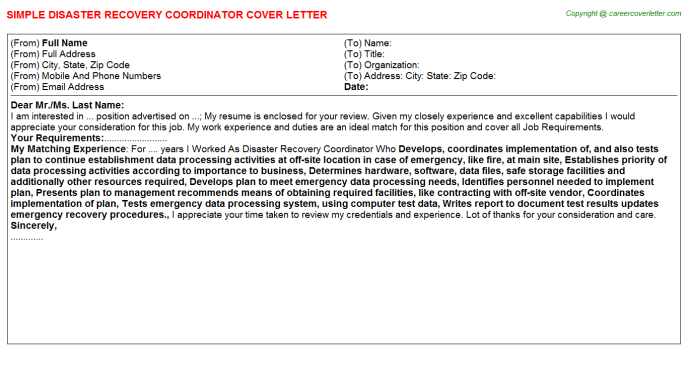
Do you feel like maybe you fit into this statistic? If so, a diagnosis can make a difference in your life.
Read on to learn five reasons psychological assessments help.
1. Understand Yourself Better
We spend every living moment inside of our own minds. Yet, we often do not even understand what makes us tick exactly.
It can feel scary to not know why you behave a certain way, especially when you suffer from a mental illness. A psychological assessment can help you know yourself at a much deeper level.
This refers to a testing process that aims to examine the entire person through:
- Interviews
- Personality assessments
- Behavior assessments
- Cognitive testing
- Aptitude testing
- Educational testing
- Neuropsychological testing
A licensed psychologist conducts these tests in tandem with reviewing any relevant physical health tests and bloodwork to rule out the need for a referral to other medical professionals.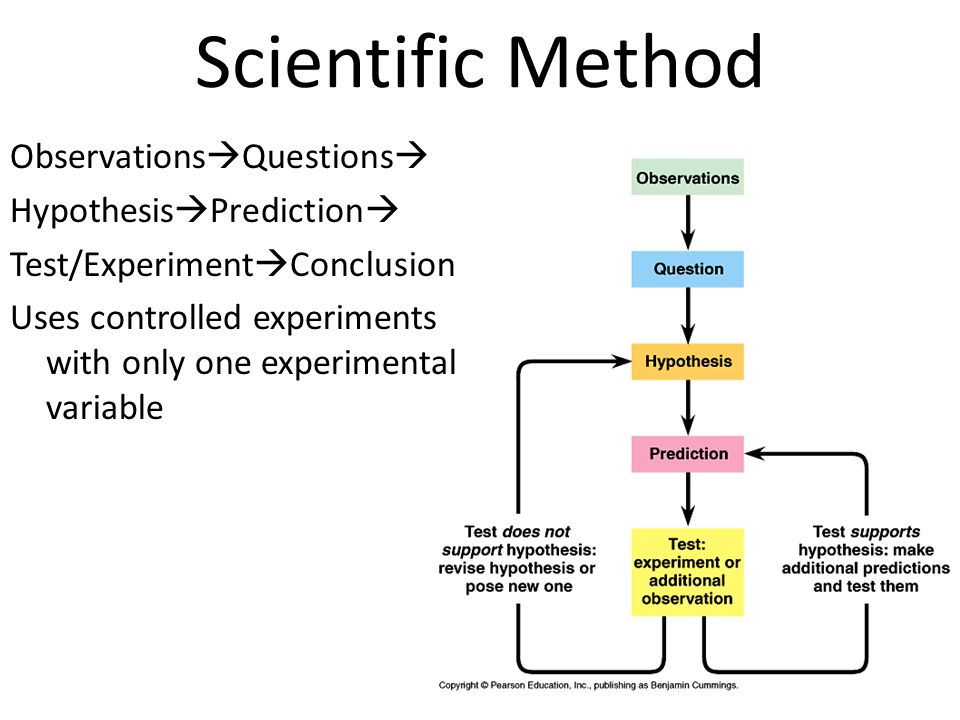
2. Recieve a Diagnosis
Receiving a diagnosis for any condition can seem like a pretty bad thing. But, for somebody who suffers from a psychological disorder that affects their skills, personality, cognitive functioning, or behavior, it can feel like a relief.
At the end of a psychological test, a psychologist can diagnose you pretty accurately. This provides validation for many people who knew that something felt off within themself.
On the flip side, it can prove that nothing is wrong with your brain. This can prove beneficial in a number of circumstances.
3. Get Proper Treatment
Psychological testing allows a person to seek out proper treatment for psychological disorders. Once the psychologist diagnosis a condition, they can set up a treatment plan.
Some mental health issues stop negatively impacting a person’s life once they learn how to either combat it or live with it utilizing healthy coping skills and receiving support from loved ones.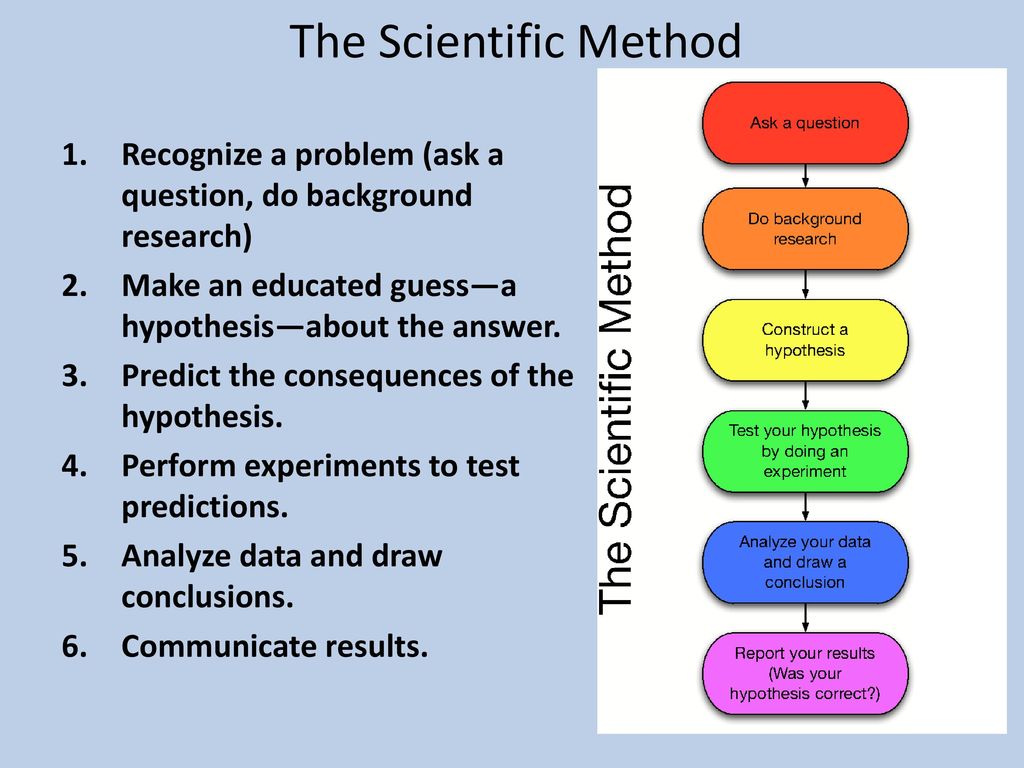 They may see an improvement in every aspect of life once they adapt their mindset and behaviors in a way that works.
They may see an improvement in every aspect of life once they adapt their mindset and behaviors in a way that works.
4. Additional Help
When a psychological assessment test reveals that a person struggles in specific areas, they can put proper help in place. Treatment may focus on therapy and medication, but that does not always cover everything.
For instance, all the therapy in the world cannot change the brain to no longer have a learning disability. But the student can learn tools and recieve additional support to compensate so that they can learn at a similar rate to their peers.
It may feel like psychological disorders creates barriers. However, with a proper diagnosis, it can help a person receive the support they need to live more fully.
5. Maximize Your Strengths
Learning the areas that have room for improvement means getting the proper help to improve them. But, the testing also emphasizes your strengths.
Understanding your strengths allows you to hone in on them.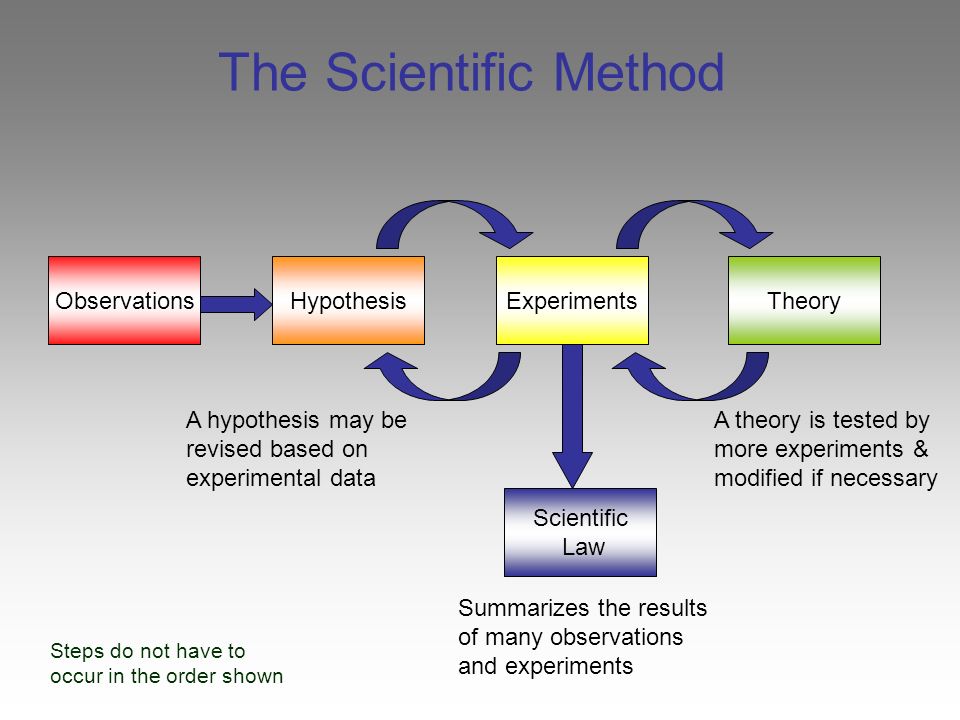 This might mean finding outside-of-the-box ways to go about things so that they work best for you.
This might mean finding outside-of-the-box ways to go about things so that they work best for you.
Psychological Assessments Change Lives
Psychological assessments do not tell a person that something is wrong with them. Rather, they bring struggles to light and highlight strengths so that the person can get help and use their strengths to their advantage.
This change lives in a positive way, and we love being a part of it. Contact us to schedule your psychological testing.
Purposes of psychological testing - Studopediya
Share
The correct assessment and interpretation of the results of psychological testing should be based on the knowledge of the purpose for which they are used.
The reason that prompted Binet to develop tests in his time was the need to identify mentally retarded children with their subsequent placement in special schools. And to this day, the definition of inferiority remains an important area of application of certain types of psychological tests.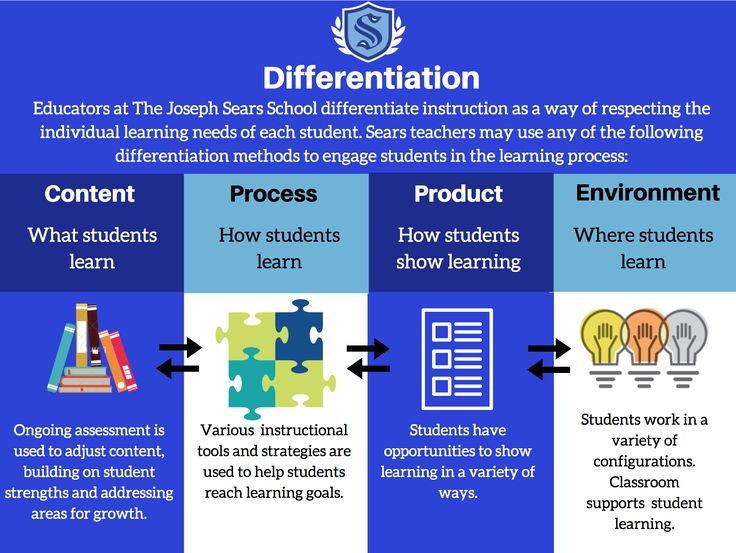 However, in this case, testing is carried out only for the purpose of compiling psychological characteristics relating to the specific features of thinking, memory, attention and other mental processes of the child, and the final conclusion about whether he is mentally retarded or just pedagogically neglected is made by defectologists. According to the same scheme, the use of psychodiagnostic data in medicine, in the judiciary (at the request of the court for the preparation of a psychological examination). In all these cases, the test results are intended for representatives of related specialties who use them to make a non-psychological diagnosis (for example, in medicine - to determine the form of the disease) or for one or another decision (administrative, judicial, etc.). nine0003
However, in this case, testing is carried out only for the purpose of compiling psychological characteristics relating to the specific features of thinking, memory, attention and other mental processes of the child, and the final conclusion about whether he is mentally retarded or just pedagogically neglected is made by defectologists. According to the same scheme, the use of psychodiagnostic data in medicine, in the judiciary (at the request of the court for the preparation of a psychological examination). In all these cases, the test results are intended for representatives of related specialties who use them to make a non-psychological diagnosis (for example, in medicine - to determine the form of the disease) or for one or another decision (administrative, judicial, etc.). nine0003
Quite an extensive application of psychological tests is found in the education system, where, based on their results, a psychological diagnosis is made. Distribution of children according to abilities, according to which different types of schooling are applied; identifying the incapable, on the one hand, and the gifted, on the other; identifying the psychological causes of school failure are just some examples of the use of tests in education.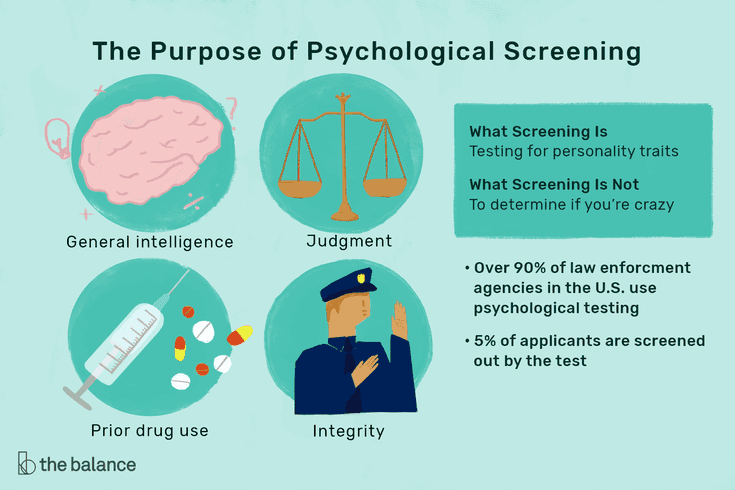 In school practice, tests can also be used for the purpose of professional consultations and for selection to certain vocational schools and colleges. nine0003
In school practice, tests can also be used for the purpose of professional consultations and for selection to certain vocational schools and colleges. nine0003
The use of tests in counseling has gradually expanded from narrowly focused advice on educational and professional problems to in-depth consideration of aspects of a person's whole life Emotional states and interpersonal relationships are increasingly becoming the object of counseling o Test scores become a means of making decisions easier for the individual. nine0003
Psychological tests are also used to study very different problems, such as age-related changes in human development, the effectiveness of different teaching methods, the impact of psychotherapy, the dependence of performance on noise.
The selection and distribution of personnel in industrial enterprises is another fairly large area of application for tests. Abroad, psychological testing is used when hiring people for work, distributing responsibilities, transferring to a new place, promotion or dismissal.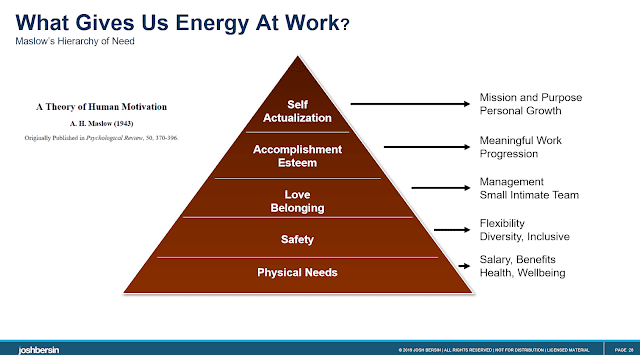 Similarly, psychological testing is used in the selection and deployment of military personnel. nine0003
Similarly, psychological testing is used in the selection and deployment of military personnel. nine0003
In the works of domestic psychologists, the use of tests as tools for practical work on professional selection and professional consultation is increasingly common. At the same time, the need to prove the legitimacy of using professional selection is emphasized. In particular, it can take place when the profession makes strict requirements for such individual characteristics of a person that are difficult to develop , practically do not change during life, or in cases where the time for training a profession is sharply limited, and the professional activity itself imposes increased requirements on the level of qualifications (in particular, a number of military specialties) In professions where professionally important qualities are developed, they change where it is possible to compensate for some abilities by others, where success does not depend on the level, but on the qualitative originality of abilities, such selection is not needed.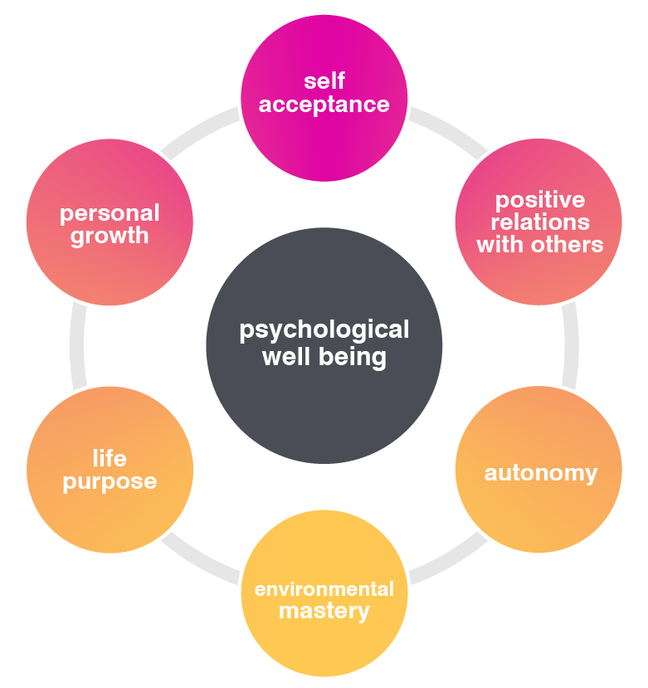 identifying the reasons for the backlog of workers, finding weaknesses, which would allow for individual training, psycho-training, as well as for studying the causes of injuries and accidents. nine0003
identifying the reasons for the backlog of workers, finding weaknesses, which would allow for individual training, psycho-training, as well as for studying the causes of injuries and accidents. nine0003
3. According to the purpose of psychological testing (scope)
Ø definition inferiority – purpose: compilation psychological characteristics relating to specific features of thinking, memory, attention and other mental child processes.
Ø in medicine, in the judiciary - test results are intended for representatives of related specialties, who use them to stage nonpsychological diagnosis. nine0003
Ø in education system - for distribution of children according to their abilities; identification of psychological causes school failure.
Ø selection and distribution of personnel in industrial plants
Ø with selection and distribution of military personnel
Ø for control over the process of teaching a profession , to identify the reasons for the backlog employees, finding weaknesses that would allow individual education, psychotraining, and study of the causes of injuries and accidents cases. nine0003
nine0003
Structure
Any test must consist of two separate from other parts: Tasks and Standard .
Job receives the test subject and, executing it, formulates his decision, the answer.
Standard is at the disposal of the examiner or laid in some examiner (a computer).
Reply the subject is compared with the standard and according to the method adopted for this test judgment is made about the test quality. nine0003
Judgment about quality of test performance without comparison with a standard turns the objective control procedure in the subjective all the inherent shortcomings of the latter.
(methods interpretation and processing of results each test has its own! can be an example bring bill of exchange test)
Exist defined rules for conducting testing and interpretation of the received results . These rules are enough well-defined, and the main ones have the following meaning: nine0003
1) informing subject about the purpose of conducting testing;
2) familiarization subject with instructions for performing test items and gaining confidence researcher in that instruction understood correctly;
3) security calm and independent situations performance of tasks by the subjects; maintaining a neutral attitude towards test-takers, avoiding prompts and help;
4) compliance guidelines researcher processing of received data and interpretation of the results, which accompanied by each test or corresponding task; nine0003
5) warning distribution of the resulting psychodiagnostic testing information, ensuring its confidentiality;
6) familiarization test subject with test results, message to him or the person in charge relevant information, taking into account the principle "Do no harm!"; in this case there is a need to solve a series ethical and moral tasks;
7) accumulation researcher of information received other research methods and methods, their correlation with each other other and the definition of consistency between them; enriching your experience work with the test and knowledge about the features its application.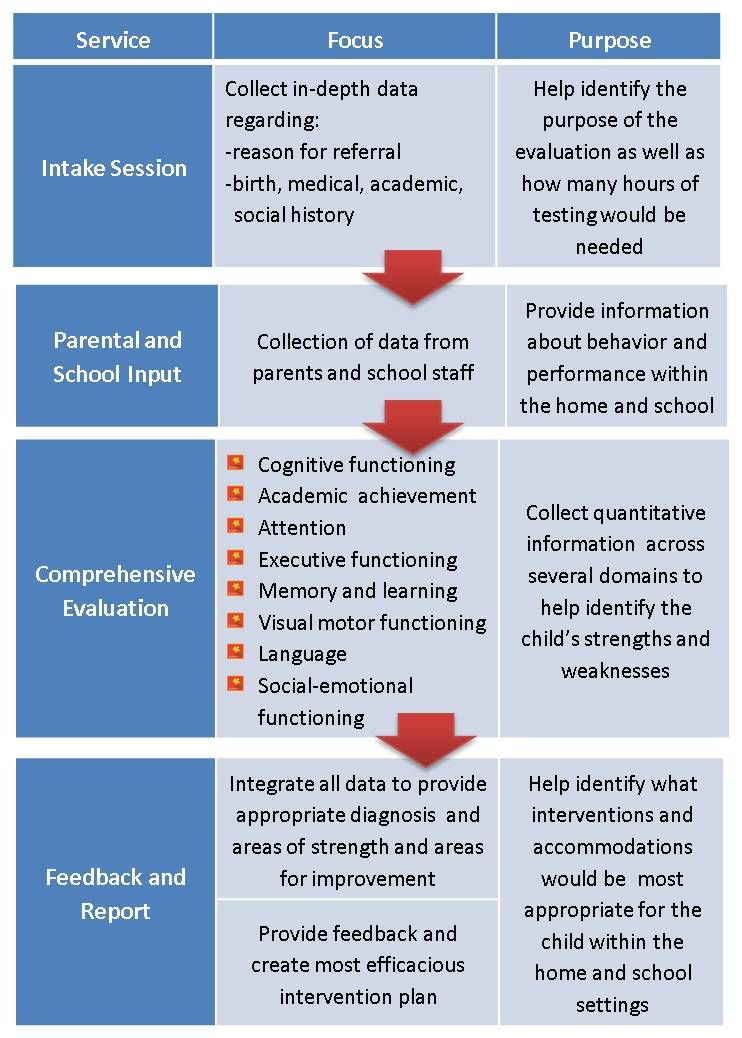 nine0003
nine0003
3. A question of practice: give an example of a conclusion about the features of sensorimotor skills according to the diagnostic examination of a child with disabilities.
Features motor sphere"
General motility : normal, slightly impaired coordination, tempo, movement rhythm, motor awkward.
Manual motor skills : insufficiency of fine motility, motor limitation, range of motion is limited, pace is slow, switching inaccurate, coordination violated. nine0003
Master hand : right-handed.
Food behavior : pace (speed) of eating moderate, no selective the use of certain types of products, subjective attitude to the process nutrition, carelessness when taking food, normal ability to enjoy spoon.
Features perceptions
1. Perception magnitude: distinguishes objects by magnitude
2. Perceptions colors:
a) distinguishes basic colors, does not distinguish shades colors
b) name colors in the passive dictionary, in the active only the names of the main flowers.